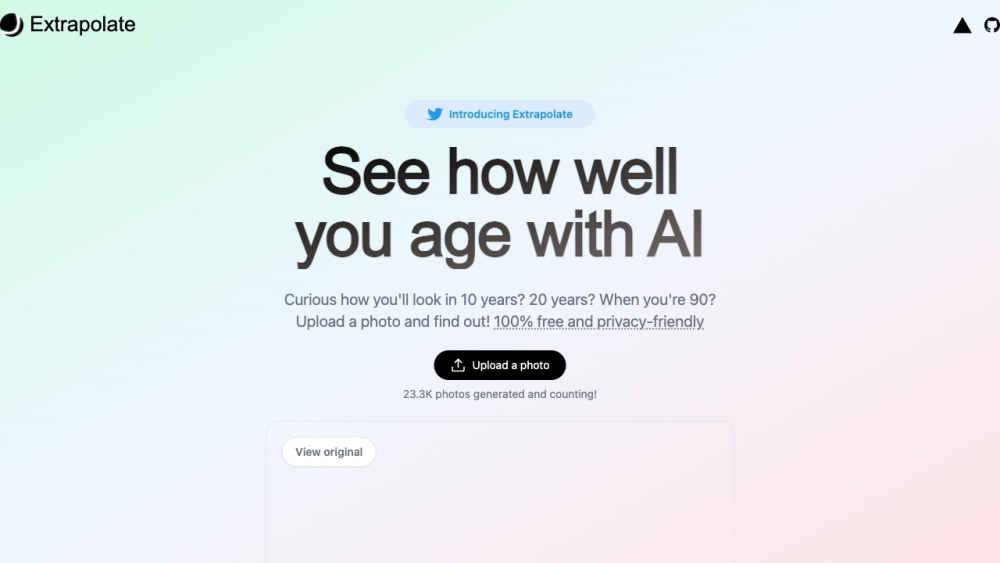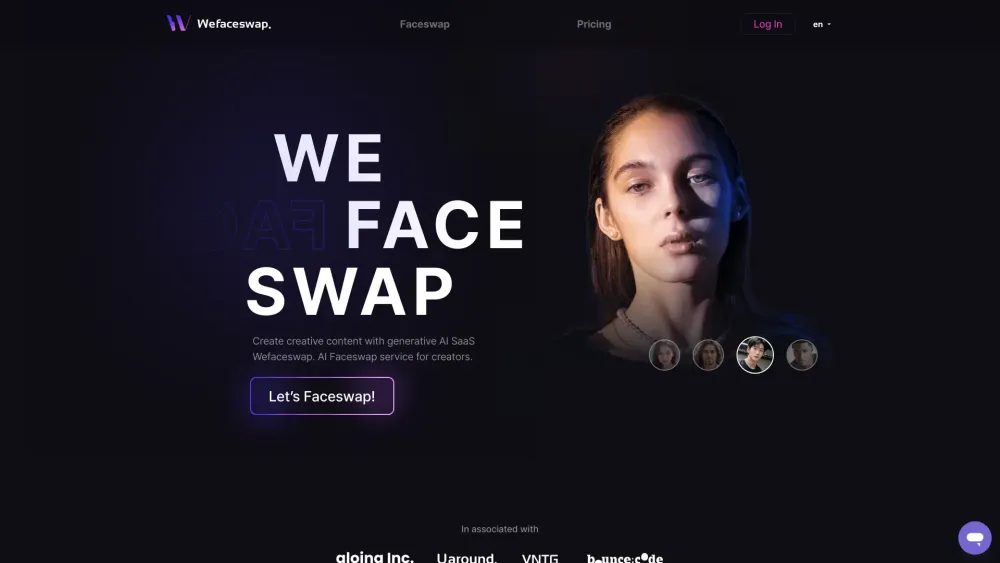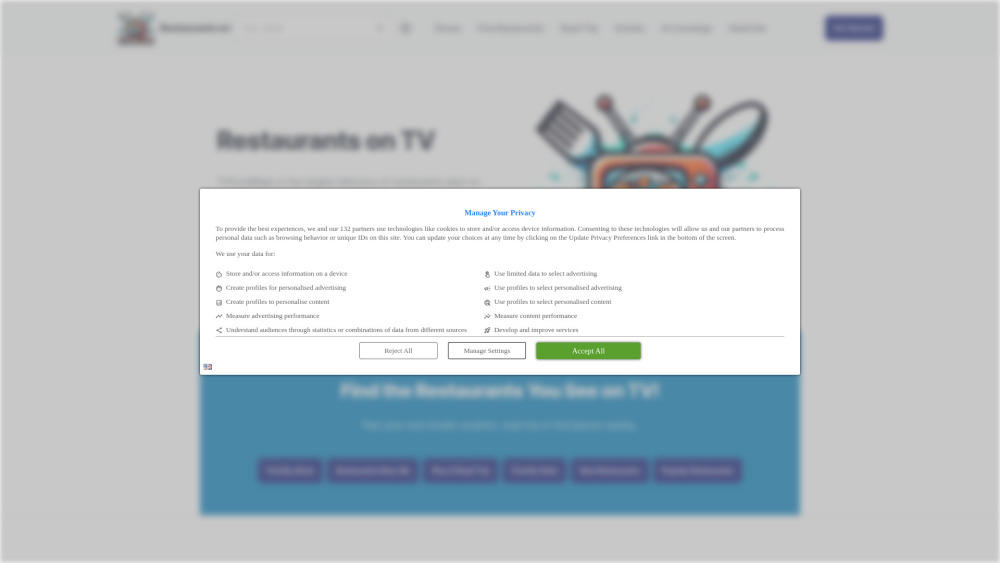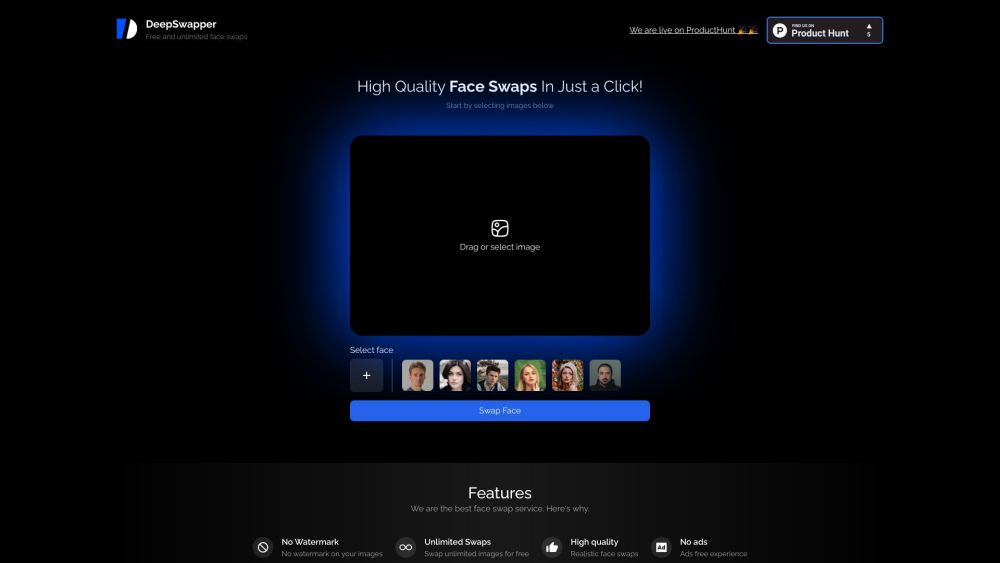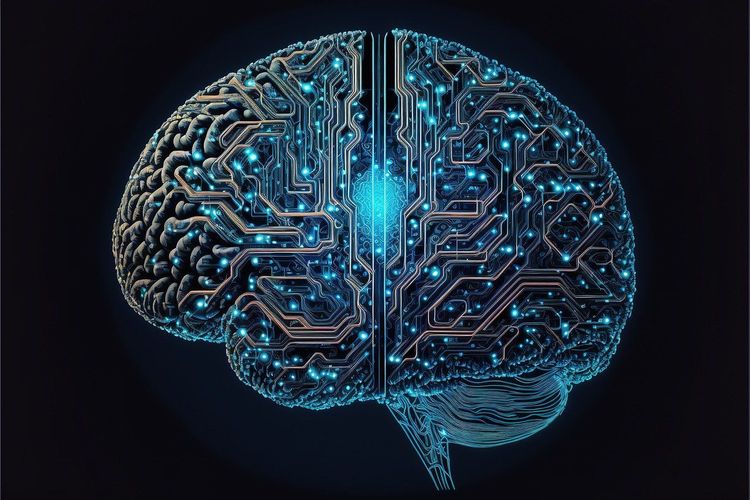Nvidia has unveiled an innovative suite of services aimed at enhancing productivity workflows within the health care industry. Introduced during the recent GTC AI conference, this robust offering includes 25 microservices tailored to assist pharmaceutical companies, healthcare providers, and hospitals in adopting generative AI solutions.
These AI microservices allow researchers and medical practitioners to seamlessly integrate advanced AI capabilities into both new and existing applications, with the flexibility to operate from the cloud or on-premises. This versatile suite features tools designed to accelerate drug discovery, improve patient data management for early disease detection, and deploy intelligent digital assistants.
Among the specialized AI models available are ESMFold, which predicts protein structures, and DiffDock, a tool that helps researchers analyze drug interactions with various biological targets. Additionally, developers can leverage software development kits such as NeMo, a comprehensive model development platform, and Parabricks, a powerful suite for analyzing DNA sequences.
Kimberly Powell, Nvidia's Vice President of Health Care, expressed enthusiasm about this milestone, stating, “For the first time in history, we can represent the world of biology and chemistry in a computer, making computer-aided drug discovery possible. By helping healthcare companies easily build and manage AI solutions, we’re enabling them to harness the full power and potential of generative AI.”
The adoption of these microservices is already making waves, with nearly 50 firms, including industry leaders like Amgen and medical imaging software company V7, integrating these technologies into their workflows. David M. Reese, Amgen’s Executive Vice President and CTO, highlighted the transformative impact of generative AI on drug discovery, stating, “Generative AI is transforming drug discovery by allowing us to build sophisticated models and seamlessly integrate AI into the antibody design process. Our team is harnessing this technology to create the next generation of medicines that will bring the most value to patients.”
This advancement underscores the significant role that AI-driven solutions are poised to play in reshaping the healthcare landscape, driving innovation, and ultimately improving patient outcomes. With a commitment to empowering healthcare professionals through technology, Nvidia is at the forefront of a pivotal shift towards more effective and efficient medical practices.
